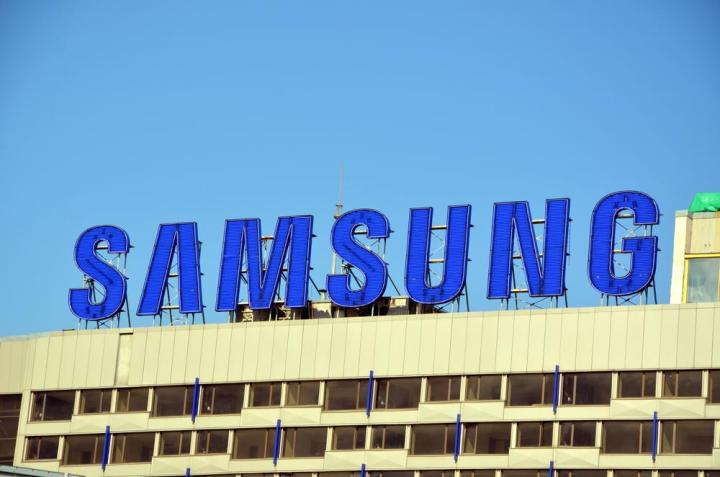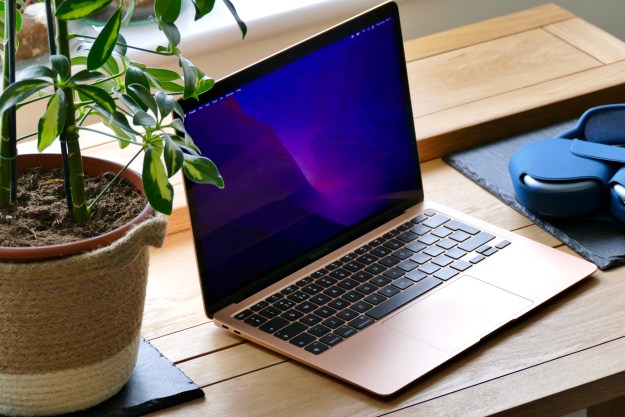
It’s not particularly hard to see why Samsung was attracted to the Boston-based outfit. For starters, LoopPay’s technology, which sits inside a smartphone case or fob, works by sending a magnetic signal to a traditional magnetic-stripe card reader. This means that at the current time it can work in a lot more locations than Apple Pay, which requires retailers to install an NFC-enabled checkout system.
In fact, the startup says its product, which works with thousands of different credit and debit cards, is already compatible with 90 percent of existing readers in the U.S., adding that it’s accepted by around 10 million merchants across the country.
And while Apple Pay is currently confined to the iPhone 6, 6 Plus and soon-to-launch Apple Watch, LoopPay works with a ton of devices, including the iPhone 4 and later, and a bunch of Android handsets.
The Boston firm launched in 2012 with the aim of creating a fast, easy to use, and widely accepted mobile payment solution. Since Apple Pay’s launch nearly six months ago, the startup has slipped a special ‘Apple Pay vs. LoopPay‘ page onto its website to highlight what it sees as the system’s advantages over the Cupertino company’s offering. Disadvantages, it’s worth noting, include needing an attachment to use the service, and having to fork out between $10 and $60 for it, depending on which option you go for.
Samsung has previously invested in LoopPay, but evidently sees an outright acquisition of its technology as the best way forward with its mobile payment ambitions. It’s not clear if LoopPay’s technology will remain operational in its current form or if Samsung will withdraw its cross-platform attachments and begin embedding the system inside its own phones.
LoopPay’s CEO said Wednesday his team will continue to work independently out of its Boston base.
The U.S. proximity payments market was worth around $3.5 billion last year, though that figure is predicted to grow by around eight times by the end of next year. And Samsung wants some of it.
[Source: Samsung]
Editors' Recommendations
- iPhone 13 and Z Flip 3 keep Apple and Samsung sales strong in U.S. and Europe
- Samsung’s Find My Mobile app now works even when your lost phone is offline
- 7-Eleven’s mobile payment app shut down after hackers nab $500K from customers


